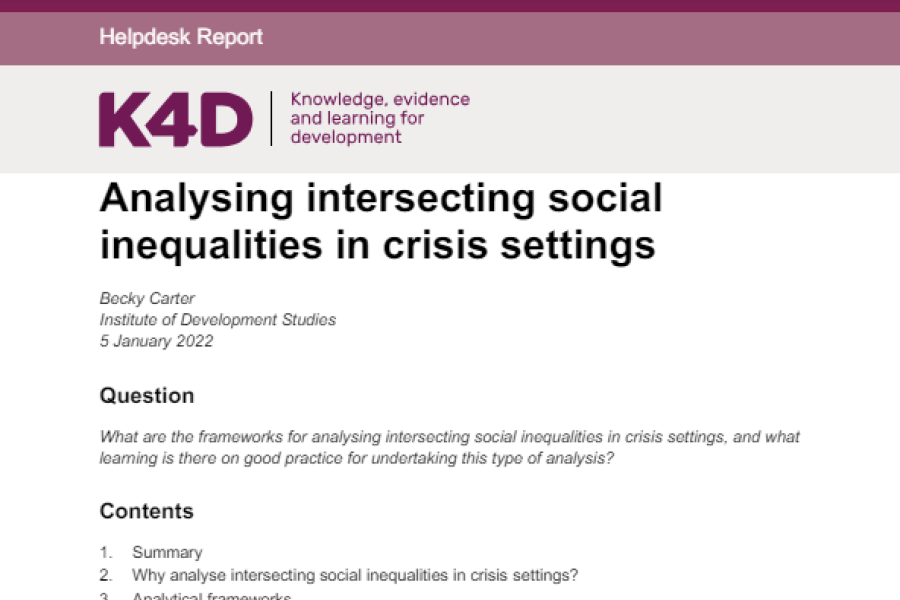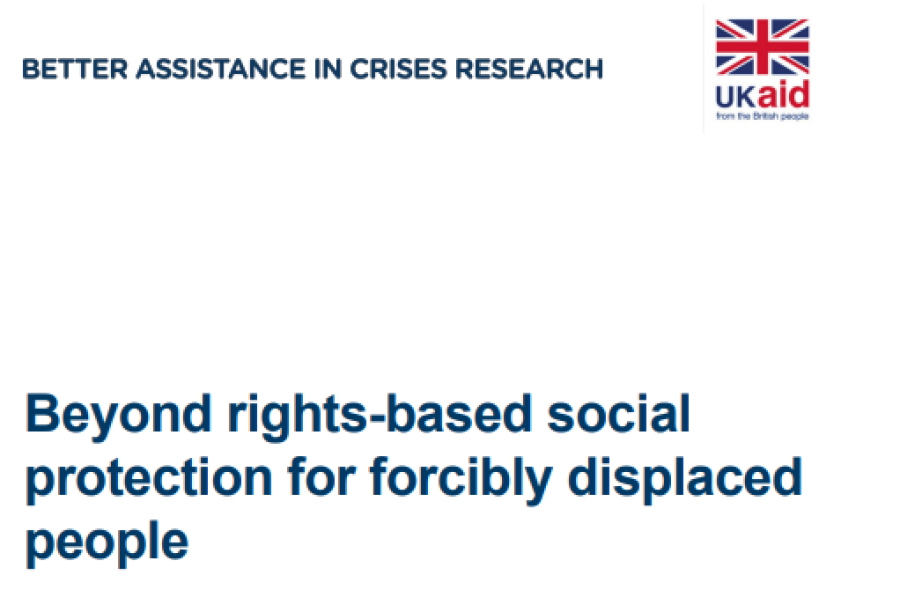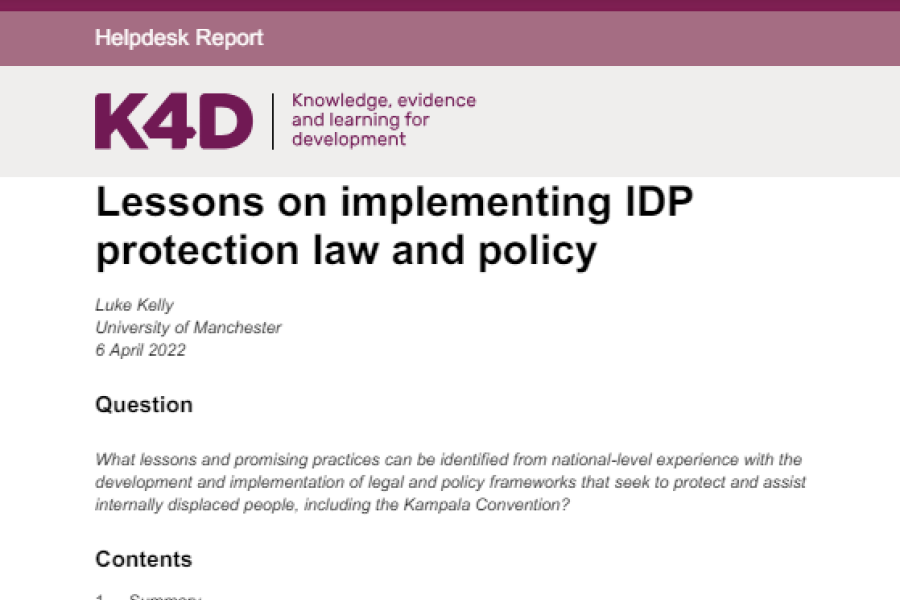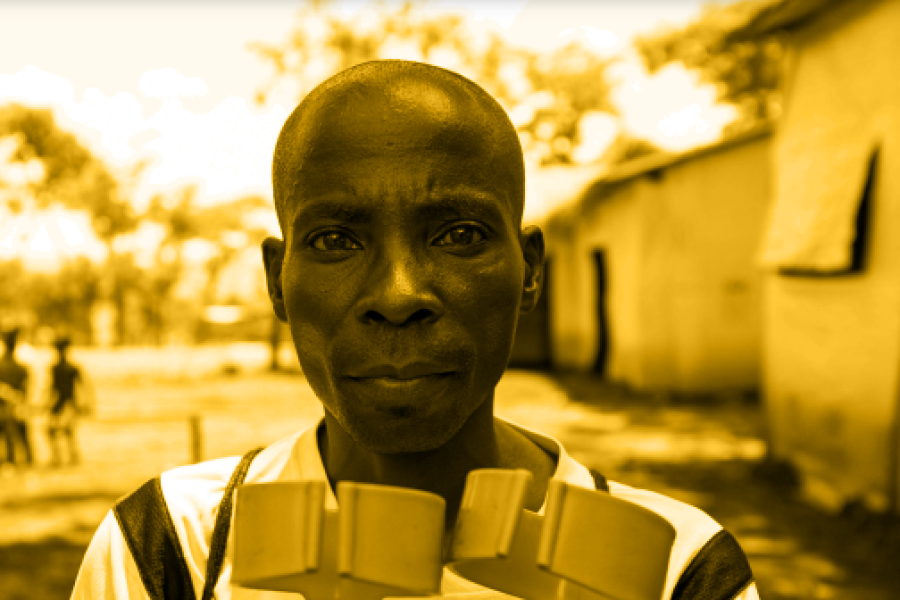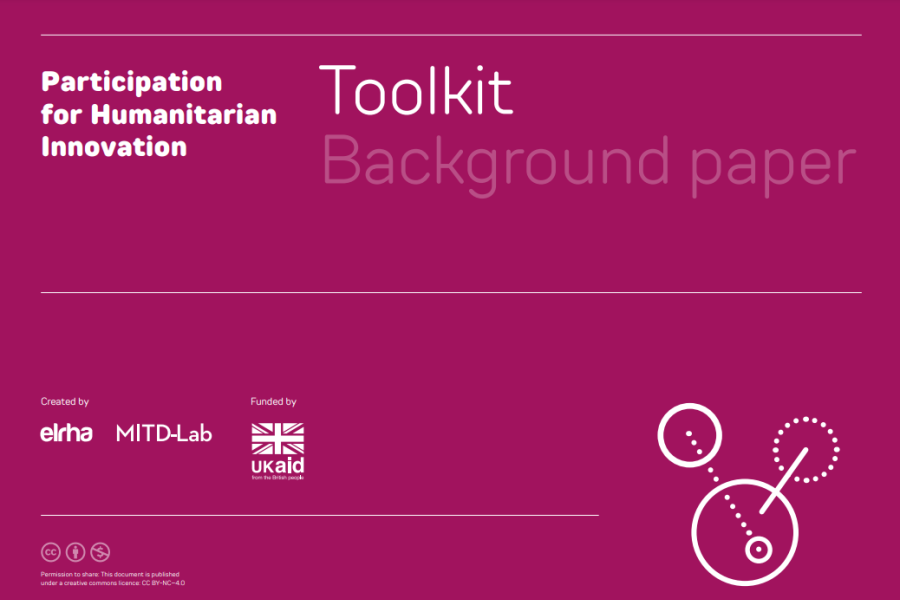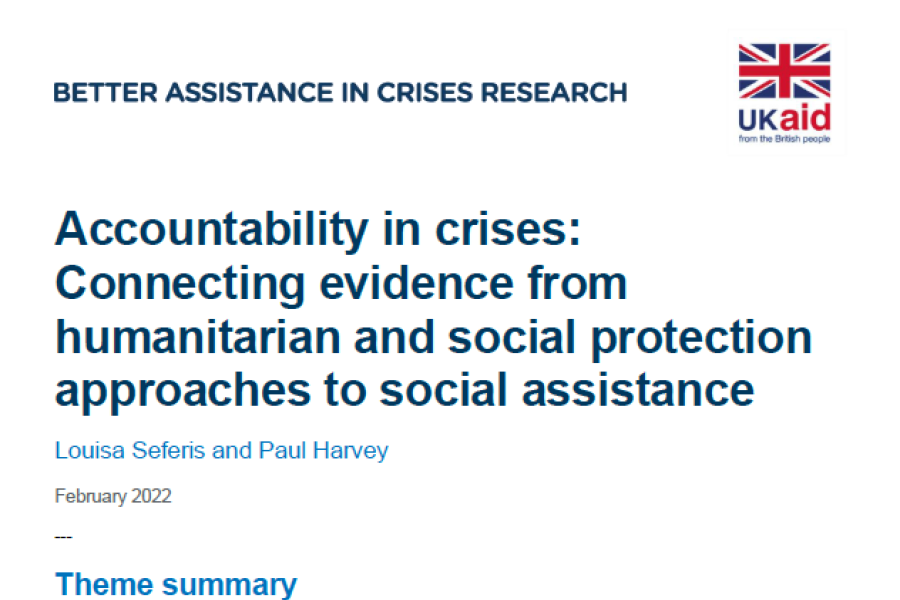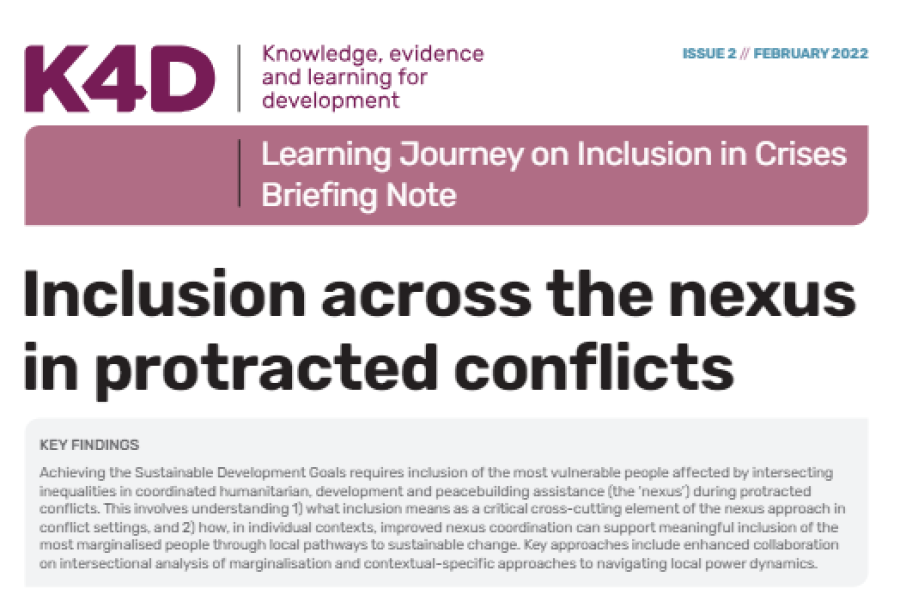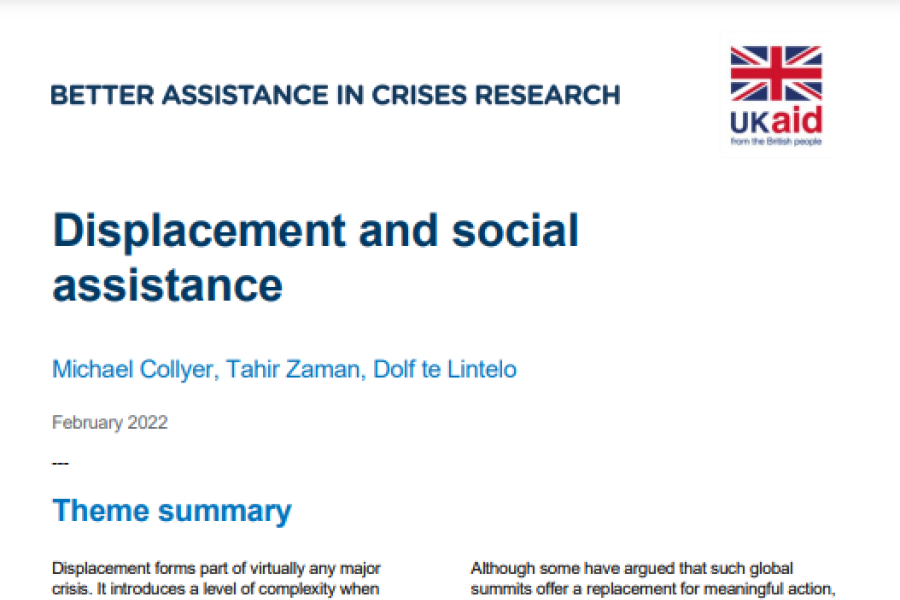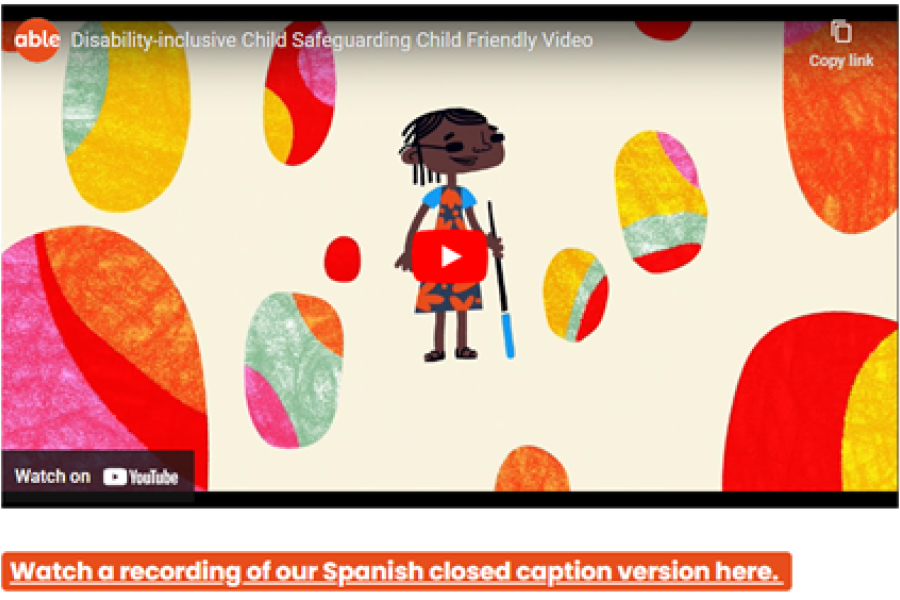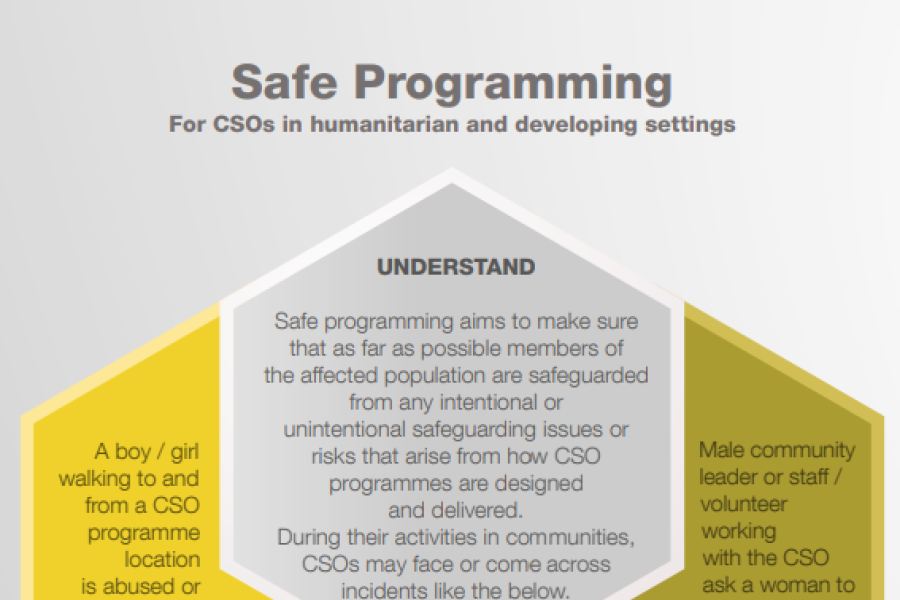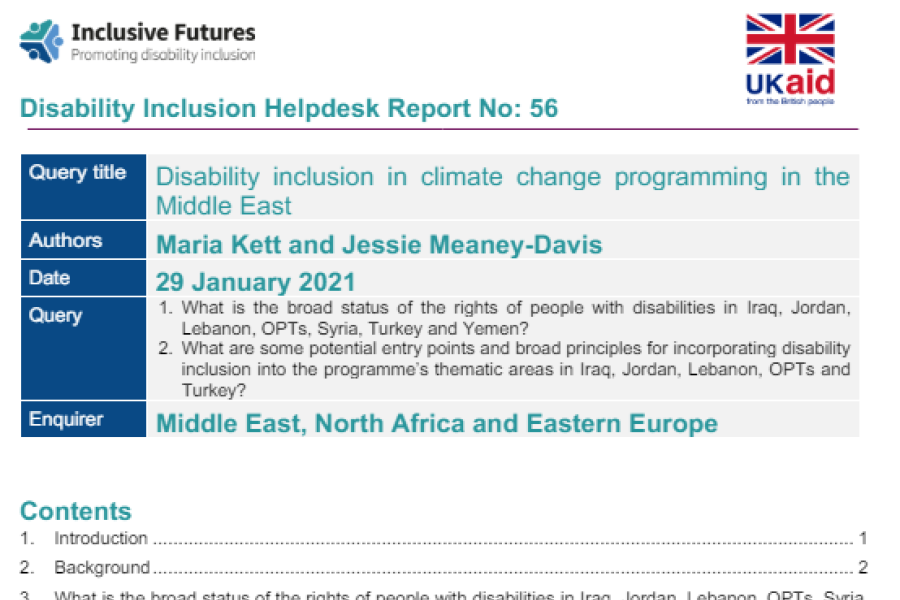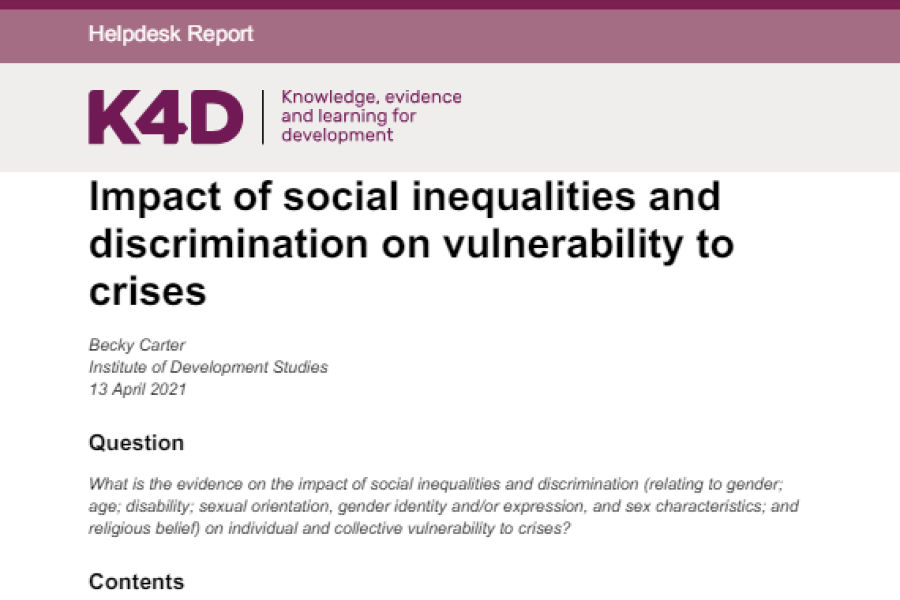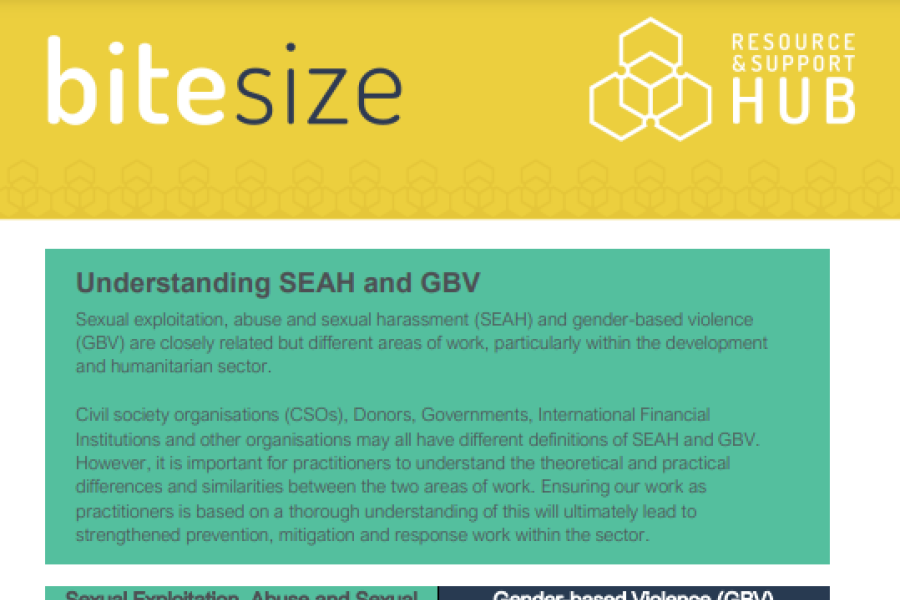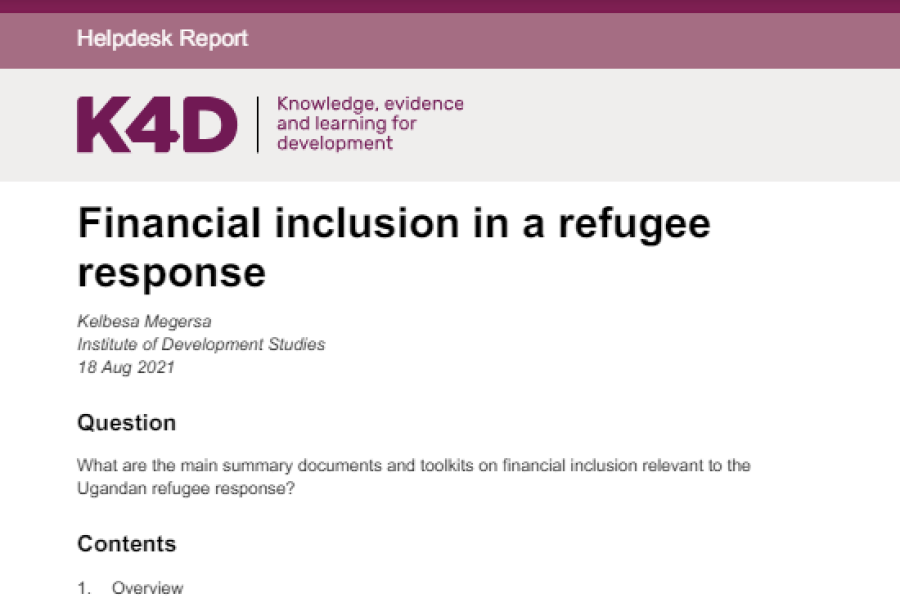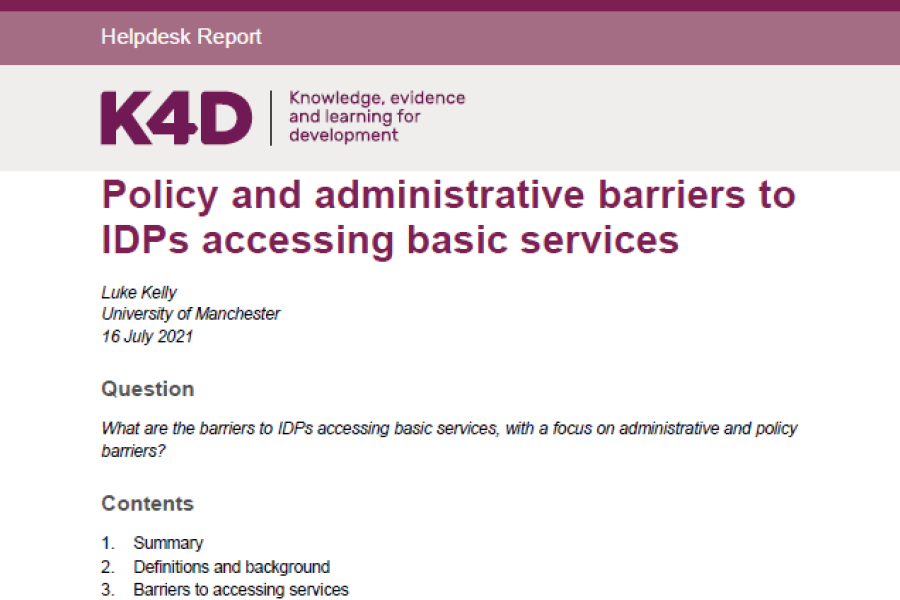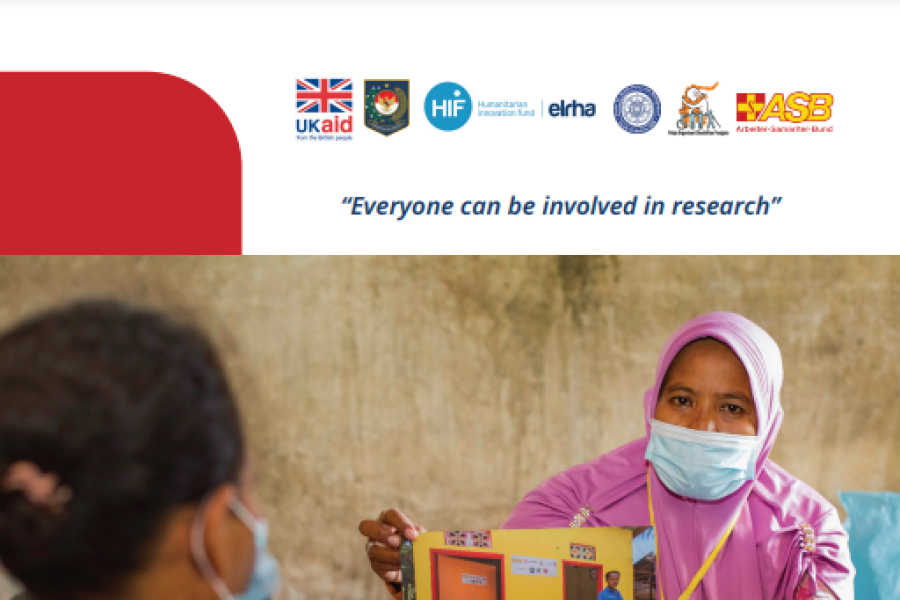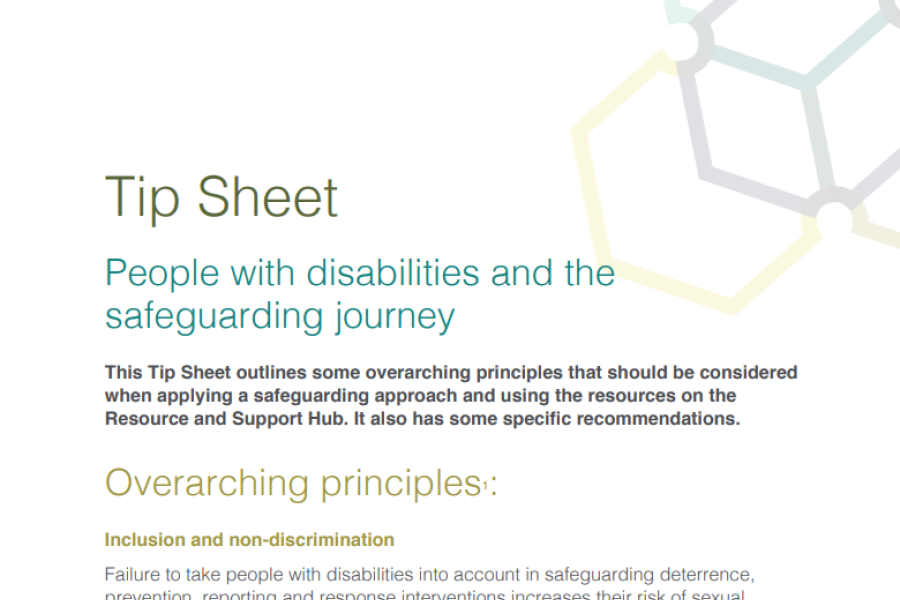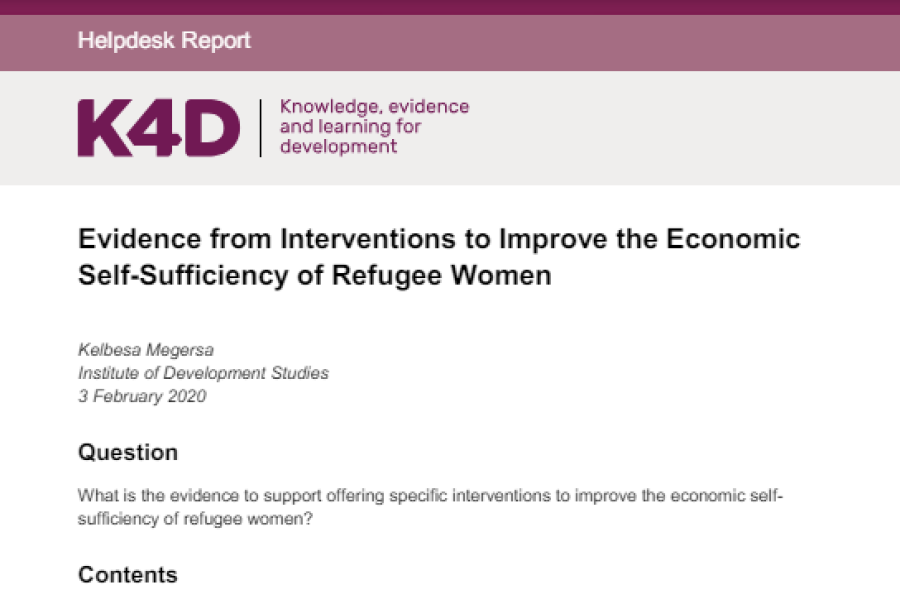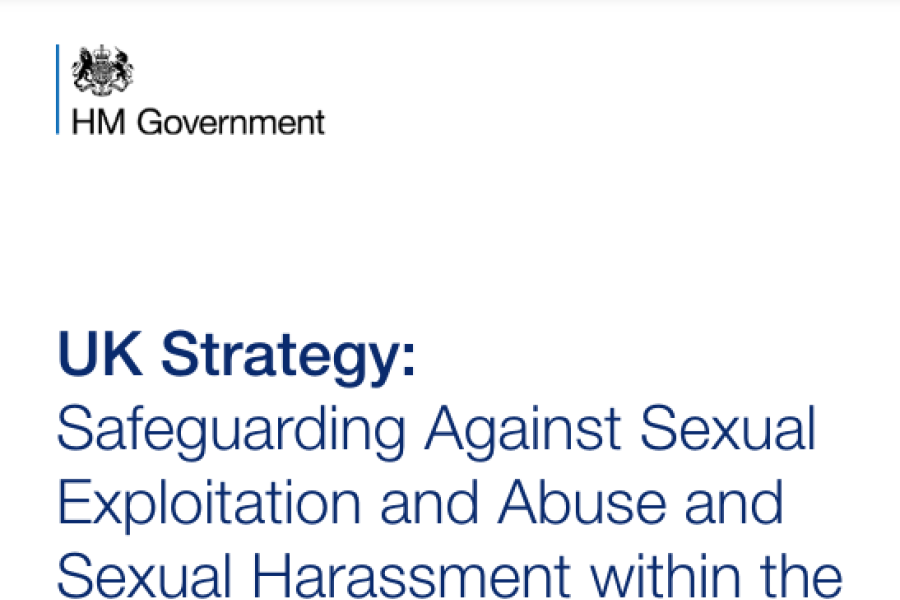Resource library: Inclusion and safeguarding in humanitarian contexts

Welcome to our comprehensive resource collection dedicated to inclusion and safeguarding in humanitarian contexts.
Here, you'll find a wealth of resources aimed at guiding organisations on how to operate safely and inclusively during humanitarian crises, with a focus on adopting appropriate safeguarding measures and programming approaches that consider the needs of people who experience discrimination - for example, women and girls, people with disabilities, LGBT+ individuals, amongst others.
A humanitarian crisis is a situation of extreme need and suffering that may be associated with a natural disaster, extreme weather event, or conflict (or a combination of these) and results in either short or long-term damage. Conflict and crises disproportionately impact people who already experience discrimination and oppression. For example, gender-based violence typically increases, children are more likely to be forced to drop out of school, rates of unwanted and unintended pregnancy increase, and the informal and often hidden support networks used by LGBT+ people can be significantly disrupted.
A range of individuals and organisations are typically engaged in responding to conflict and crises, with increasing emphasis on the importance of local, grassroots organisations’ experience and expertise in ensuring the safety and appropriateness of humanitarian response efforts.
However, humanitarian responses often deprioritise the people who experience the greatest discrimination, and there is a risk of inadvertently causing harm while aiming to provide support. Working inclusively in humanitarian settings requires proactive consideration of different people's and groups' needs and experiences, including at the start of and throughout the programme life cycle.
Safeguarding is also a critical component of inclusion in emergencies. It should include a set of robust practical measures aimed at reducing organisations’ potential to cause harm in the process of their work, and to rapidly and appropriately respond to any harm caused.
